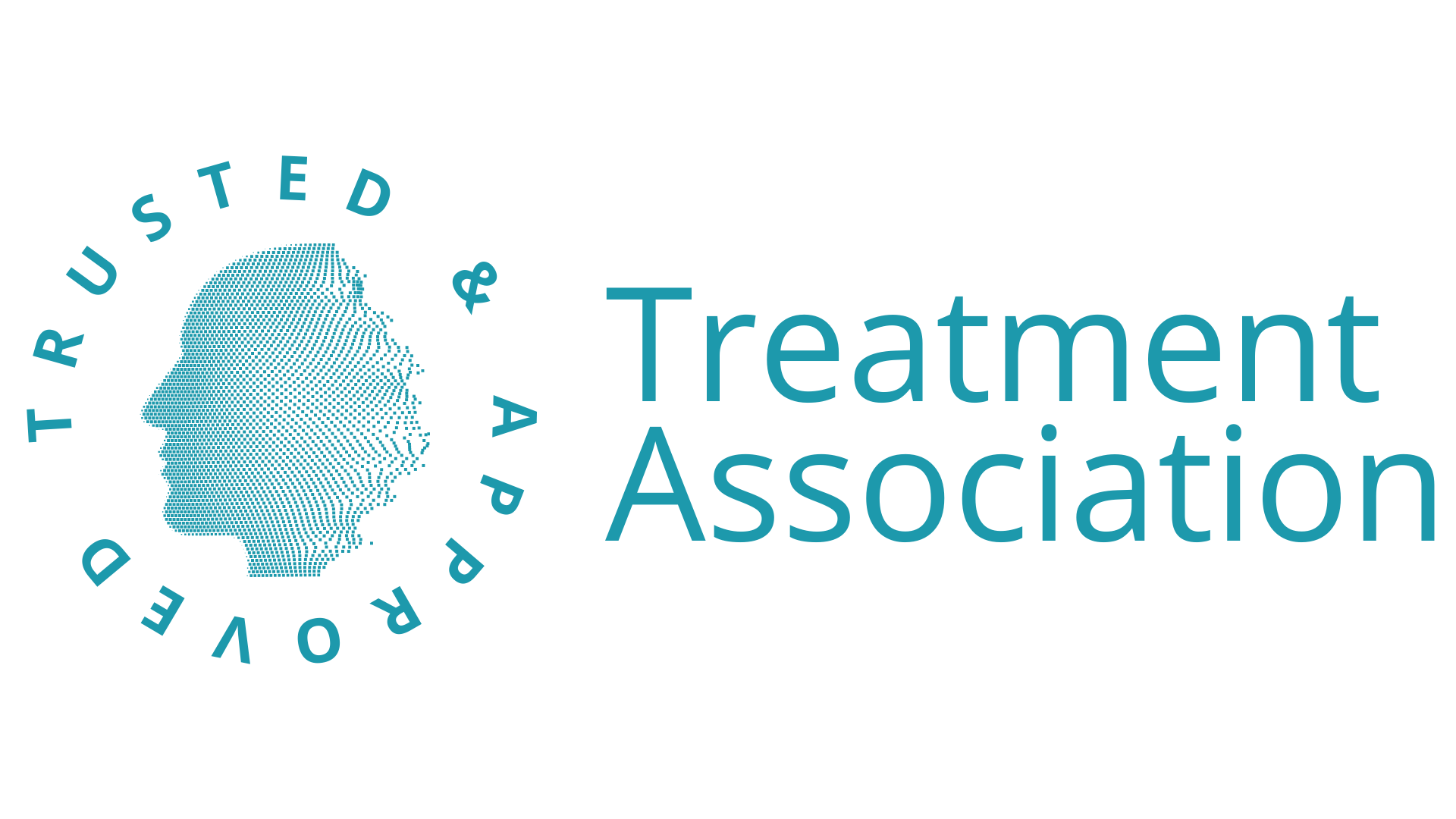The Role of Family Support in Addiction Recovery: Strategies for Success
Addiction is a complex disease that affects not only the individual struggling with it but also their loved ones. Recovery from addiction is a long and challenging journey that requires the support of family and friends. The role of family support in addiction recovery cannot be overstated. In this blog, we will discuss the importance of family support in addiction recovery, highlight the challenges families may face when supporting a loved one in recovery, provide tips for families on how to support a loved one in recovery, and discuss the benefits of family therapy in supporting the recovery process.
The Importance of Family Support in Addiction Recovery
Addiction recovery is a long and challenging journey that requires the support of family and friends. Family support plays a crucial role in the recovery process. It provides a sense of belonging, love, and emotional support that can make all the difference in the world. When an individual has the support of their family, they are more likely to stay motivated and committed to their recovery. Family support can also help the individual stay accountable for their actions and decisions.
Moreover, addiction often has a ripple effect on the family. It can create a strain on relationships and cause feelings of guilt, shame, and anger. Family support can help repair these relationships and create a more positive and supportive environment for the individual in recovery. It can also help the family members understand addiction better and provide them with the tools and resources to support their loved one in recovery.
The Challenges Families May Face When Supporting a Loved One in Recovery
While family support is crucial for addiction recovery, it can also be challenging. Addiction is a disease that can take a toll on the individual and their loved ones. Families may face challenges such as:
- Feeling overwhelmed and helpless
- Difficulty setting boundaries
- Feeling resentful or angry towards the individual in recovery
- Feeling guilty or responsible for the individual’s addiction
- Struggling with communication and trust issues
These challenges can make it challenging for families to provide the support their loved one needs. However, with the right tools and resources, families can overcome these challenges and provide effective support for their loved one in recovery.
Tips for Families on How to Support a Loved One in Recovery
If you have a loved one in recovery, here are some tips to help you support them:
1. Educate yourself about addiction:
One of the most important things you can do is to educate yourself about addiction. This can help you understand the challenges your loved one is facing and provide you with the tools and resources you need to support them.
2. Set healthy boundaries:
Setting boundaries is essential when supporting a loved one in recovery. It’s important to establish clear boundaries and communicate them with your loved one. This can help create a more stable and supportive environment for both the individual in recovery and their family.
3. Practice self-care:
Addiction can take a toll on family members as well. It’s essential to prioritize self-care and take care of yourself physically, emotionally, and mentally. This can help you stay healthy and provide effective support for your loved one in recovery.
4. Seek support:
Support is crucial when supporting a loved one in recovery. It’s essential to reach out to support groups, therapy, or other resources that can help you cope with the challenges of supporting someone in recovery.
5. Celebrate milestones:
Recovery is a long and challenging journey. Celebrating milestones, no matter how small, can provide encouragement and motivation for both the individual in recovery and their family. It’s essential to recognize and celebrate the progress made and the efforts put in towards recovery.
The Benefits of Family Therapy in Supporting the Recovery Process
Family therapy is a form of therapy that involves the entire family in the recovery process. It can help the family members understand addiction better, improve communication and trust, and create a more supportive environment for the individual in recovery. Here are some of the benefits of family therapy in supporting the recovery process:
1. Address underlying issues:
Family therapy can help address the underlying issues that may have contributed to the individual’s addiction. This can include family dynamics, trauma, or other mental health issues.
2. Improve communication and trust:
Family therapy can help improve communication and trust among family members. It can provide a safe space for family members to express their thoughts and feelings and work towards resolving any conflicts or misunderstandings.
3. Create a supportive environment:
Family therapy can help create a more supportive environment for the individual in recovery. It can help the family members understand the recovery process and provide effective support for their loved one.
4. Promote long-term recovery:
Family therapy can help promote long-term recovery by addressing the underlying issues and creating a more supportive environment. It can also help the family members develop coping skills and strategies to prevent relapse.
Conclusion
Addiction recovery is a challenging journey that requires the support of family and friends. Family support plays a crucial role in the recovery process. It provides a sense of belonging, love, and emotional support that can make all the difference in the world. However, supporting a loved one in recovery can also be challenging. Families may face challenges such as feeling overwhelmed, difficulty setting boundaries, and communication issues. It’s essential to educate yourself about addiction, set healthy boundaries, practice self-care, seek support, and celebrate milestones. Family therapy can also be an effective tool in supporting the recovery process. It can help address underlying issues, improve communication and trust, create a supportive environment, and promote long-term recovery.
In summary, addiction recovery is not a journey that an individual can take alone. Family support is crucial for a successful recovery. With the right tools and resources, families can provide effective support for their loved ones and help them achieve long-term recovery.






